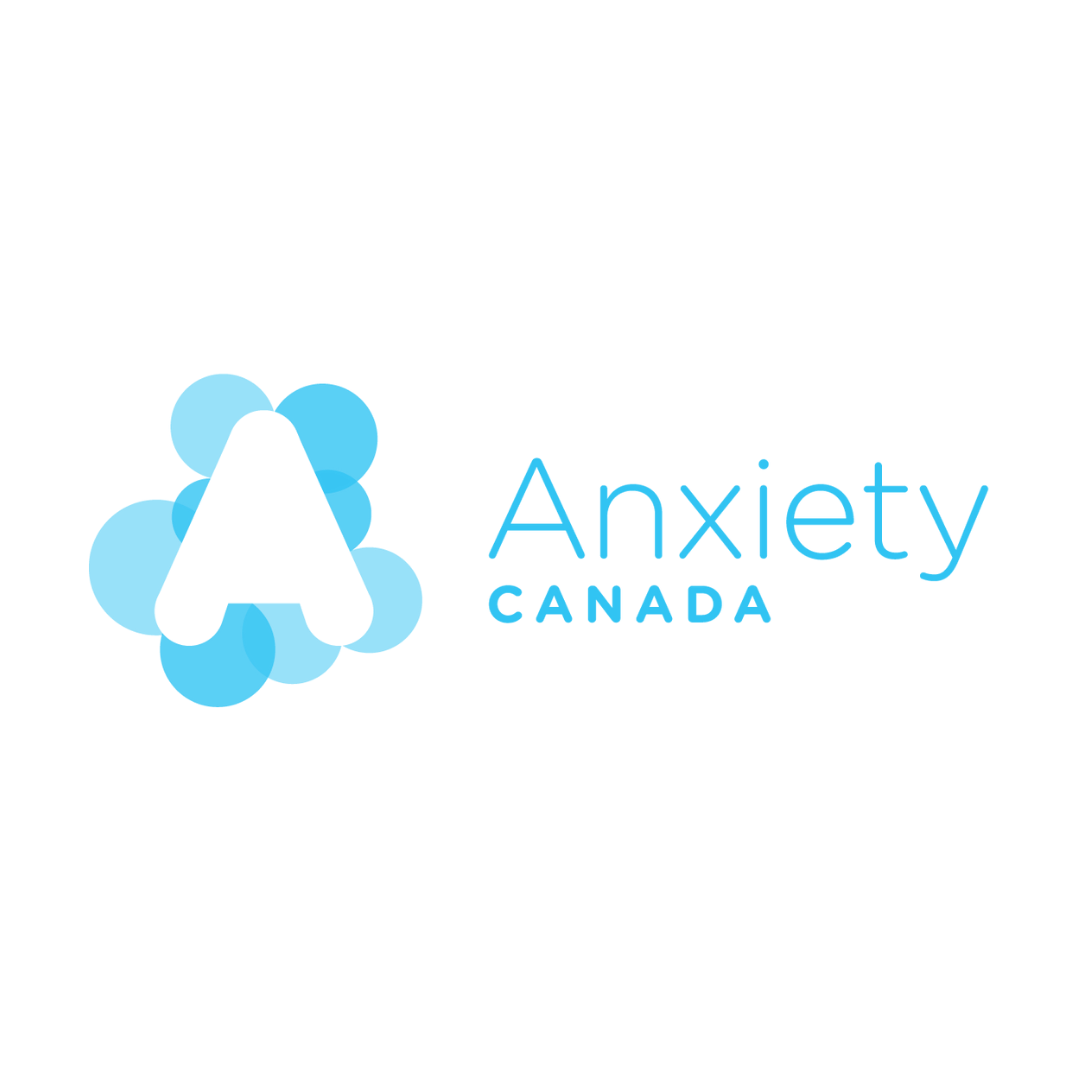I always print my old posts so I can burn them myselfI don't want to read my old posts though. They're almost intolerable to look at.

I always print my old posts so I can burn them myselfI don't want to read my old posts though. They're almost intolerable to look at.

Thoughts are telling me to cancel my next session again, because I know it will upset me to even think about doing that.
Try this:The therapy homework seems pointless too - choose a style of clothing I want to wear to an upcoming event. I'll never think I look any good, even if I could get away with wearing what I wanted. So there's no use.
Because I don't really deserve to keep seeing my psych. And because getting upset about that means I deserve to be upset to pay for my weaknessI'm not sure I understand this part. You want to cancel because you know that even thinking about canceling would upset you? Why would you want to intentionally upset yourself?
I guess but I'm also worried about inadvertently attracting hostility from random people. I guess that would be a risk however I looked but certain things are more likely to inspire certain reactions. Although the biggest risk I guess would be on the way home afterwards if I'm alone trying to catch a bus, so maybe I should pre-convince myself that I'll be getting an Uber home even though I hate doing that at least it would be safer and I wouldn't have to be thinking about the bus schedule.Try this:
Instead of telling yourself you will never look any good, tell yourself that whether you think you look good or not, what outfit would make you feel better — more comfortable, more relaxed, more anything. How you think you look to other people or even to yourself is irrelevant. Base it solely on what would be the most comfortable or acceptable to you and pick that one.
Voila. Homework done.
Because I don't really deserve to keep seeing my psych. And because getting upset about that means I deserve to be upset to pay for my weakness
I guess but I'm also worried about inadvertently attracting hostility from random people. I guess that would be a risk however I looked but certain things are more likely to inspire certain reactions. Although the biggest risk I guess would be on the way home afterwards if I'm alone trying to catch a bus, so maybe I should pre-convince myself that I'll be getting an Uber home even though I hate doing that at least it would be safer and I wouldn't have to be thinking about the bus schedule.
I like him too much though, so that in itself is wrong.That's just that mean horrible OCD voice talking again. It has no credibility in objective reality.


The history of OCD | OCD-UK
Saint Ignatius of Loyola (1491–1556) the Spanish Basque priest, theologian and founder of the religious order called the Society of Jesus (Jesuits) wrote “After I have trodden a cross formed by two straws, or after I have thought, said, or done some other thing, there comes to me from ‘without’ a thought that I have sinned, and on the other hand it seems to me that I have not sinned; nevertheless I feel some uneasiness on the subject, inasmuch as I doubt and do not doubt. That is a real scruple and temptation which the enemy sets."
...As mentioned earlier much of the historical record of OCD descriptions are in the religious, rather than the medical literature. At the time religion was very much a prominent feature of everyday life and with OCD often fixating on things that are important to a person, it’s not surprising that many early accounts are religious based. Historically, it was not unusual for someone with ailments to turn to their local religious figures, who would become very familiar with some health issues, including issues of the mind, like scrupulosity, because of their day-to-day dealings with their parishioners rather than physicians.
Not really, because I don't have OCD.Have you read blogs or biographies of other people with OCD?
That's one reason most people with OCD are diagnosed much later than sooner. And though some people do not necessarily benefit from a specific diagnosis, almost everything in mental health relates to a spectrum, e.g:When Obsessive-Compulsive Thoughts Are 'Triggered'
One of the most ... misunderstood aspects of OCD," Wortmann tells NPR's Neal Conan, "is that many people believe that it has to involve visible physical compulsion, such as hand-washing or counting or organizing things."

What do you base that conclusion on, @gooblax?Not really, because I don't have OCD.
I don't really feel like I relate to much of it. Like the whole "worry thoughts" thing just doesn't click with me. And my anxiety often comes outwardly more like irritability/anger than concern/fear so even that's wrong (although I definitely do the avoidance thing).Then, what about other people with anxiety? Do you relate to them? Does reading about their experiences help?
For one, my psych doesn't think I have it (not that I tell him every time the negative thoughts come up, but still I did mention that you guys had raised the possibility). And more importantly I don't think that I'm preoccupied with the thoughts for the most part. They come up, I either buy into them or don't pay attention, if I do pay attention then I'll probably get upset for awhile if I entertain the thought, then move on and not think about it for awhile again. I still agree with the thoughts, or an somewhere on the spectrum of agreeance. I'm not "worried that having dumb feelings makes me weak and pathetic"; I "know that having dumb feelings makes me weak and pathetic" and sometimes I will be upset by that because I think about what that means in terms of what I want and will never have. That just doesn't fit my understanding of OCD.What do you base that conclusion on, @gooblax?
I don't really feel like I relate to much of it. Like the whole "worry thoughts" thing just doesn't click with me. And my anxiety often comes outwardly more like irritability/anger than concern/fear so even that's wrong (although I definitely do the avoidance thing).
For one, my psych doesn't think I have it (not that I tell him every time the negative thoughts come up, but still I did mention that you guys had raised the possibility). And more importantly I don't think that I'm preoccupied with the thoughts for the most part. They come up, I either buy into them or don't pay attention, if I do pay attention then I'll probably get upset for awhile if I entertain the thought, then move on and not think about it for awhile again. I still agree with the thoughts, or an somewhere on the spectrum of agreeance. I'm not "worried that having dumb feelings makes me weak and pathetic"; I "know that having dumb feelings makes me weak and pathetic" and sometimes I will be upset by that because I think about what that means in terms of what I want and will never have. That just doesn't fit my understanding of OCD.


I still agree with the thoughts, or an somewhere on the spectrum of agreeance. I'm not "worried that having dumb feelings makes me weak and pathetic"; I "know that having dumb feelings makes me weak and pathetic" and sometimes I will be upset by that because I think about what that means in terms of what I want and will never have. That just doesn't fit my understanding of OCD.
I "know that having dumb feelings makes me weak and pathetic" and sometimes I will be upset by that because I think about what that means in terms of what I want and will never have.

And my anxiety often comes outwardly more like irritability/anger than concern/fear so even that's wrong (although I definitely do the avoidance thing).

I still don't see it.
I can think of circumstances where I could have obsessed about certain thoughts in a way that matches those descriptions, but I didn't have that problem.